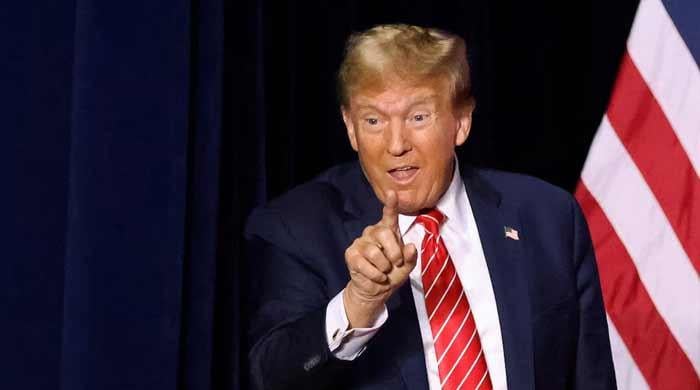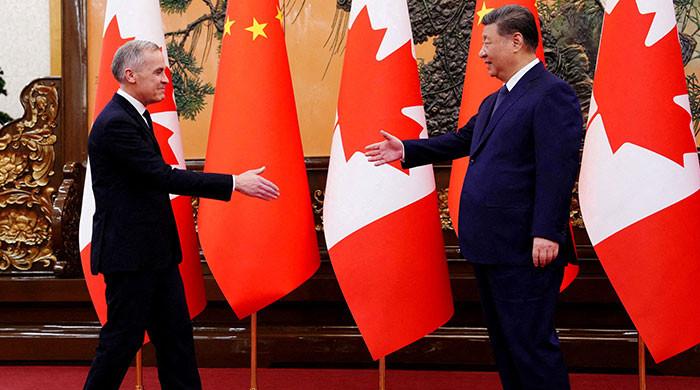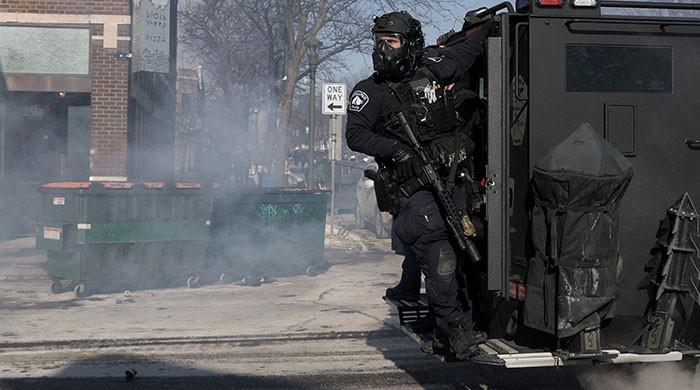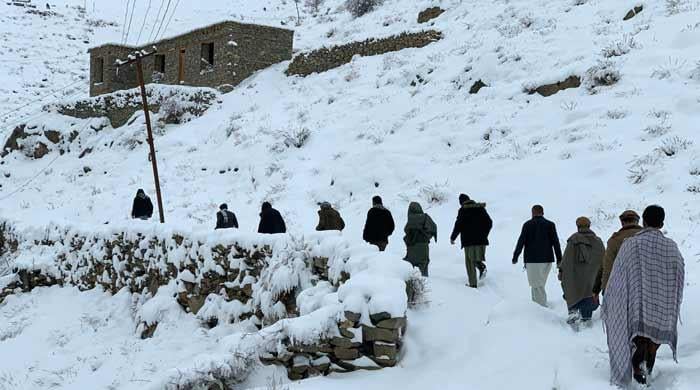Indian boycott of Turkish coffee, chocolates and fashion grows
Launching 'indefinite and total boycott' of all Turkish-origin goods, says an Indian consumer association
May 19, 2025
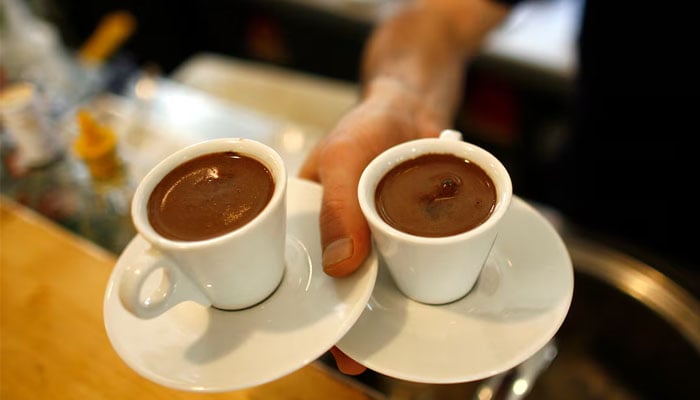
Small Indian grocery shops and major online fashion retailers are boycotting Turkish products ranging from chocolates, coffee, jams and cosmetics to clothing amid growing anger at Turkiye's support for Pakistan in a confrontation with India.
Turkish President Tayyip Erdogan expressed public solidarity with Pakistan after India conducted military strikes in response to an attack in Indian Illegally Occupied Jammu and Kashmir (IIOJK). Cross-border fighting continued for four days before a ceasefire was declared.
On Monday, the All India Consumer Products Distributors Federation (AICPDF), which supplies 13 million mom-and-pop grocery stores, said it was launching an "indefinite and total boycott" of all Turkish-origin goods, which would affect chocolates, wafers, jams, biscuits and skincare products.
Indian fashion websites owned by Walmart-backed Flipkart and billionaire Mukesh Ambani’s Reliance have removed numerous Turkish apparel brands, according to three sources and a review of their websites.
Flipkart's fashion website Myntra removed listings of Turkish brands including Trendyol, known for women's clothing, street and casual wear brand LC Waikiki and jeans producer Mavi, said one source with direct knowledge.
Myntra removed the brands "in the national interest" without Walmart's involvement, a second source with direct knowledge said.
Reliance's fashion website AJIO also removed Turkish brands, including Trendyol, Koton, LC Waikiki from its app, and many of those listings were shown as out of stock on Monday. A source cited "national sentiments" as a reason.
Flipkart, Reliance Retail and the Turkish brands Trendyol, LC Waikiki, Koton and Mavi did not respond to requests for comment.
India has not ordered companies to boycott Turkey, and India's annual $2.7 billion in goods imports from Turkey are dominated by mineral fuels and precious metals.
But a consumer boycott could still be significant. AICPDF said its ban would affect around 20 billion rupees ($234 million) of food products. Apparel imports were worth $81 million last year, according to the Trading Economics reference website.
In its new five-year growth plan, the fast food chain operator said it's aiming for a tenfold jump in operating profit from the ramen business to around $28 million.
Sukhvinder Singh Sukhu, chief minister of Himachal Pradesh, one of India’s biggest apple-growing states, said on Monday he would ask for a ban on apple imports from Turkey, which were worth around $60 million last year.
Moreover, last week Flipkart said it was suspending flight, hotel and holiday package bookings to Turkey "in solidarity with India’s national interest and sovereignty".
Indians have been cancelling holidays to Turkey and New Delhi has cancelled the security clearance of the Turkish-based aviation ground handling firm Celebi.
Reuters reported on Friday that Air India was lobbying Indian officials to disallow rival IndiGo's leasing tie-up with Turkish Airlines, citing business impact as well as security concerns sparked by Ankara's support for Pakistan.




